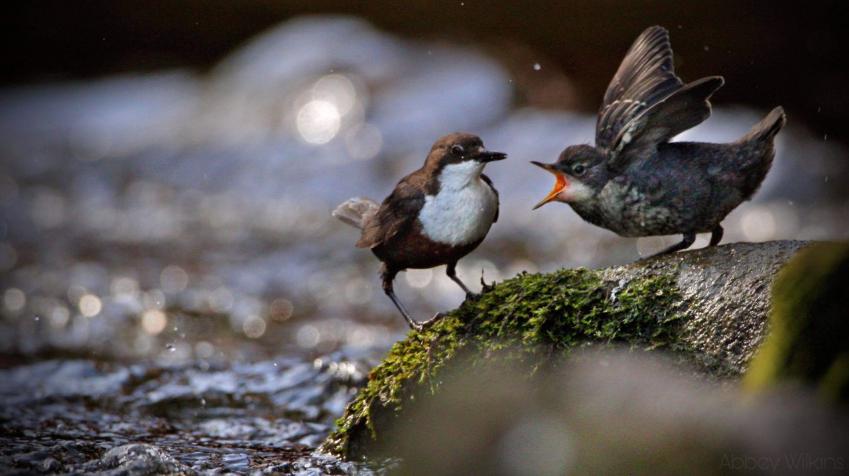BSc (Hons) - Animal Conservation Science (With Integrated Foundation Year)
Are you passionate, engaged and want to protect animals and their habitats? We are here to help, with an animal conservation foundation degree designed by researchers renowned for their expertise in the science of wildlife conservation.
Your foundation year in Carlisle will lay a solid foundation of skills to build upon and reach the right level for taking the rest of the degree at our Ambleside campus.

Course Overview
On this animal conservation course, you will live, learn and study in the Lake District surrounded by rare and charismatic species – including ospreys, red and roe deer, otters, red squirrels and Atlantic salmon – in a diverse range of ecosystems and habitats, including Atlantic oak woodlands (Britain’s own rainforest). Here at our Ambleside campus, you will have access to new laboratories and excellent equipment including camera traps, to help you in your studies. Optional modules will enable you to customise your course to ensure it gives you the skills you need for your chosen career. You will be able to get involved in conservation research and to go on an international field trip to learn about wildlife conservation in less-developed countries. Our strong links with wildlife conservation organisations in the UK and abroad, provide you with excellent work placements, volunteering opportunities and job prospects.
On this course you will...
- Study the only UK conservation degree taught inside a national park. This provides you with easy access to charismatic wildlife and diverse and distinctive habitats and ecosystems.
- Be taught by experts in wildlife conservation, each with a strong research portfolio in the conservation of animal species and their habitats.
- Enjoy small class sizes which allow us to provide a personal approach to teaching and student support.
- Have the opportunity to gain hands-on experience in species reintroduction as part of your degree, with a conservation team that is actively involved in the reintroduction of endangered wildlife species in Cumbria.
- Study in a vibrant community within the landscape of the English Lake District. This provides amazing recreational opportunities and you will live and breathe conservation.
Experience Cumbria
.jpg)
.jpg)
.jpg)
.jpg)
.jpeg)

Location
Carlisle - Fusehill Street Campus
The Fusehill Street campus has been the setting of life-saving treatments since World War I. Now, it's home to world changers, life-savers, crime fighters, and entrepreneurs with access to high-quality facilities and innovative thinking.
Find out more
Find out more about studying with us
Attend an Open Day at Cumbria
An Open Day is your opportunity to explore one of 5 campuses, meet your lecturers, and find out how the University of Cumbria could become your new home.





